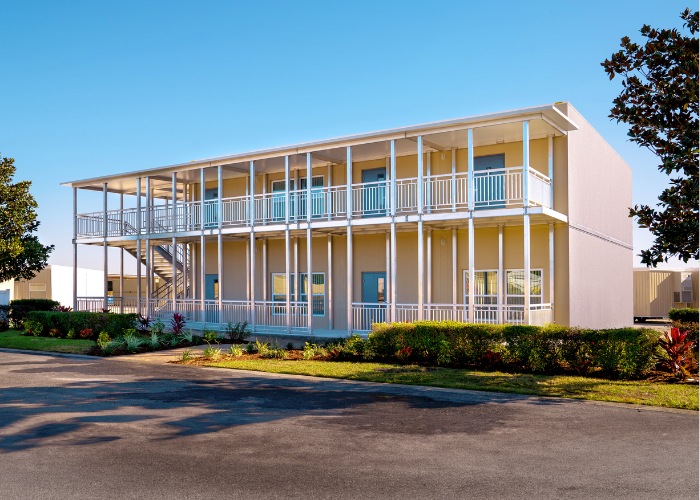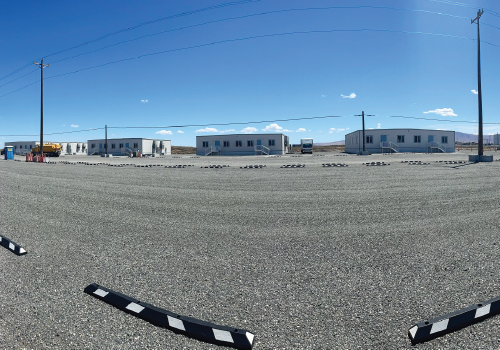Modular Data Centers: A Cost-Effective Solution for the Workhorses of Technology
What Are Data Centers?
A data center is a physical location that stores computing machines and their related hardware equipment. It contains the computing infrastructure that IT systems require, such as servers, data storage drives, and network equipment. These infrastructural marvels operate in the background with storage systems, application delivery controllers, servers, routers, switches, et al, making our technology-driven lives possible.
There are four types of data centers used by companies:
Enterprise:
Built, owned, and operated by the company itself, usually located at the company’s main headquarters.
Managed Services:
Managed by a third party or managed services provider on behalf of a company (who leases the service).
Colocation:
Company rents space within a data center owned by another entity (the “host”) and located off company property. Infrastructure (physical building including cooling, bandwidth, security, etc.) managed by the “host,” while servers, storage, and firewalls are managed by the company.
Cloud:
A form of “off-site” data management—info is “virtually” stored using software, hosted by a cloud services provider such as Amazon Web Services (AWS), Microsoft (Azure), IBM Cloud, or other public cloud provider.
Data centers (which refers to a physical structure as well as the department of a company who manages its data) are often a “distributed network,” meaning data and applications are disseminated through various channels that aren’t located in the same place yet are connected and integrated by network services to function as a single environment. Hybrid-cloud data centers are an example.
Modular building data centers have been in use since 2006, when Sun Microsystems introduced their “black box” data centers, made from shipping containers. During the past two decades, modular data centers have increasingly become a viable choice.
The Future of Data Centers
The advent of AI (Artificial Intelligence) is upping the workload for data center infrastructure. The next ten years will see a six-fold increase in power demand from data centers, according to a March 2024 report from John Pettigrew, CEO of National Grid, an energy supplier to New York and Massachusetts.
Mobile Modular offers modular data centers nationwide to meet the growing need of your company’s digital data storage. Modular data centers are easily customizable and available for rent, lease or purchase.
Key advantages of modular data centers
Prefabricated components:
All elements including power distribution, cooling systems, and IT racks are pre-built and integrated within the modules, minimizing on-site construction work.
Customizable:
Modular data centers can be customized to meet your needs.
Scalability:
Add or remove modules as needed to adapt to fluctuating data processing demands.
Rapid deployment:
Since most components are built off-site, modular data centers can be quickly set up in various locations.
Cost-effective:
Can potentially reduce construction costs compared to traditional data center builds.
Suitable applications for modular data centers:
- Temporary data center needs during events or disaster recovery
- Edge computing deployments where data processing is needed close to the source
- Situations requiring quick capacity expansion
If your company is looking to create, expand, or modify its data center, Mobile Modular is here to help. Our experts are readily available to partner with you to find the right modular solution for your data center needs. Contact us today!





